Composition of CLA in supplements
It is a hormone found in humans and animals alike. Men produce testosterone primarily in their testicles. In women, the ovaries also produce testosterone, although in much smaller amounts. In men, its major functions are sperm production and sex drive.
Although, along with controlling sperm production, testosterone has other functions in men. These include:
- Distribution of fat
- Strength and size of muscles
- Production of red blood cells
Generally, testosterone production begins to increase during puberty and dip after age 30 or so. Males are infertile when testosterone levels are inadequate. This occurs because testosterone promotes sperm maturation.
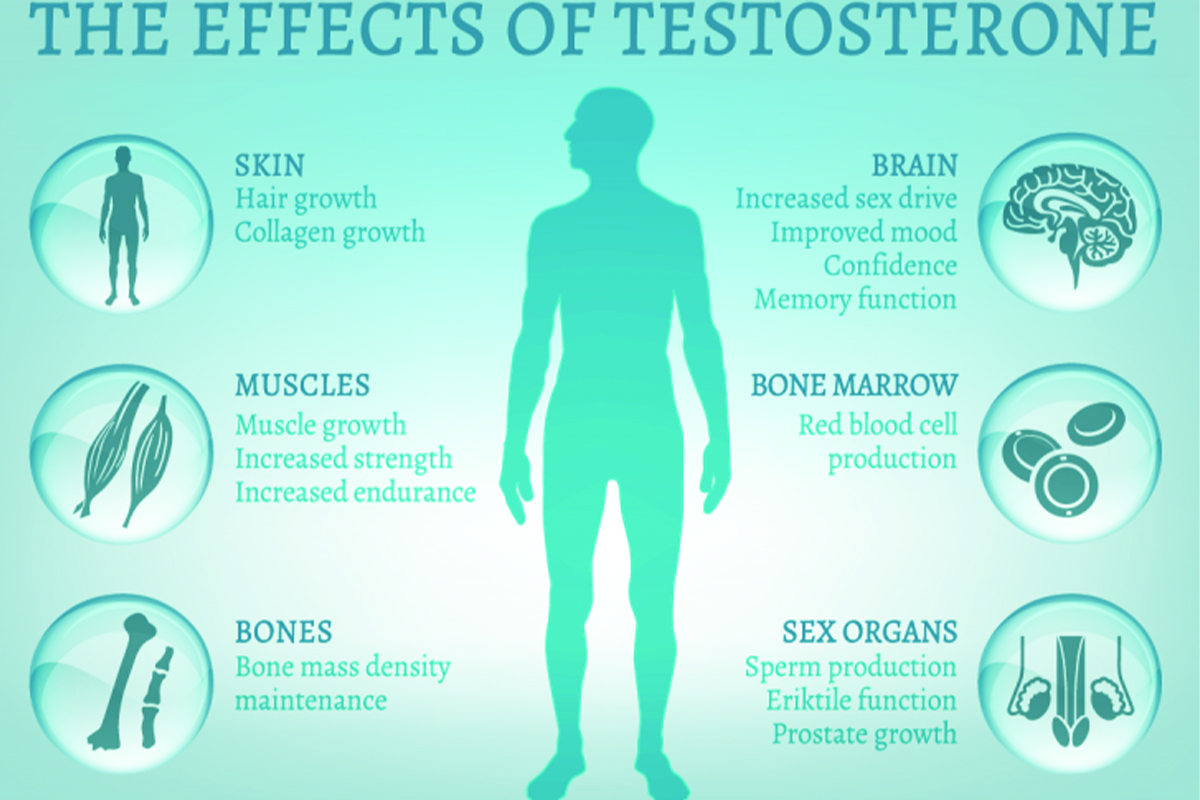
Although testosterone is essentially a male sex hormone, it also enhances female sex drive, bone density, and muscle strength. Excess testosterone can, however, cause infertility and male pattern baldness in women.
The pituitary gland and the brain are responsible for controlling testosterone levels. As soon as the hormone is produced, it moves through the blood to perform its many vital functions.
Natural ways to boost testosterone levels with nutrients
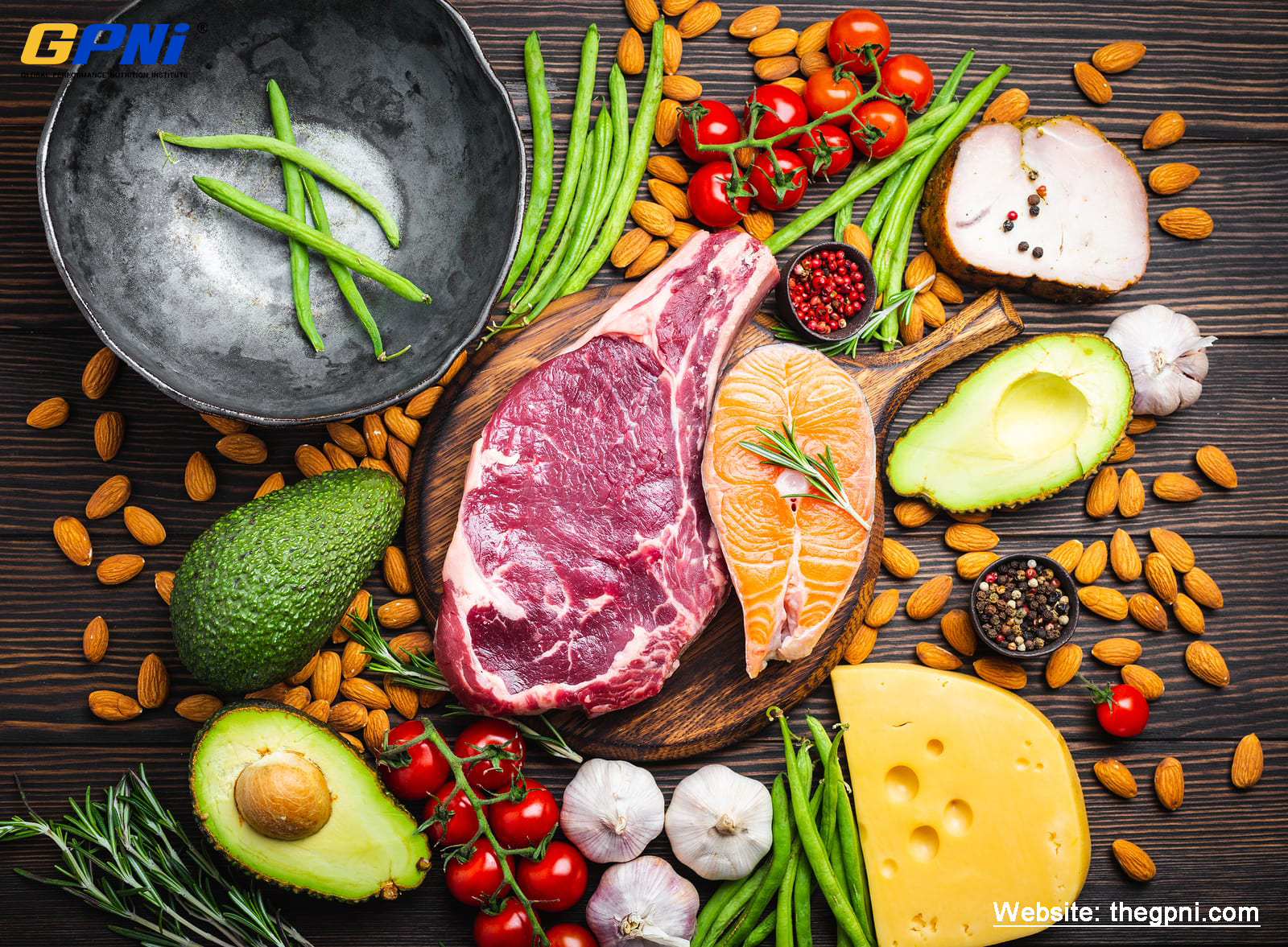
Testosterone levels could decline in individuals for various reasons, including aging, injury, trauma, and diseases. However, there are certain natural ways to boost testosterone levels in the body, including diet and nutrients.
The quality and components of food that is taken in may affect testosterone levels. For example, studies have shown that quality intake of protein, carbs, and fat have unique and positive effects on testosterone levels.
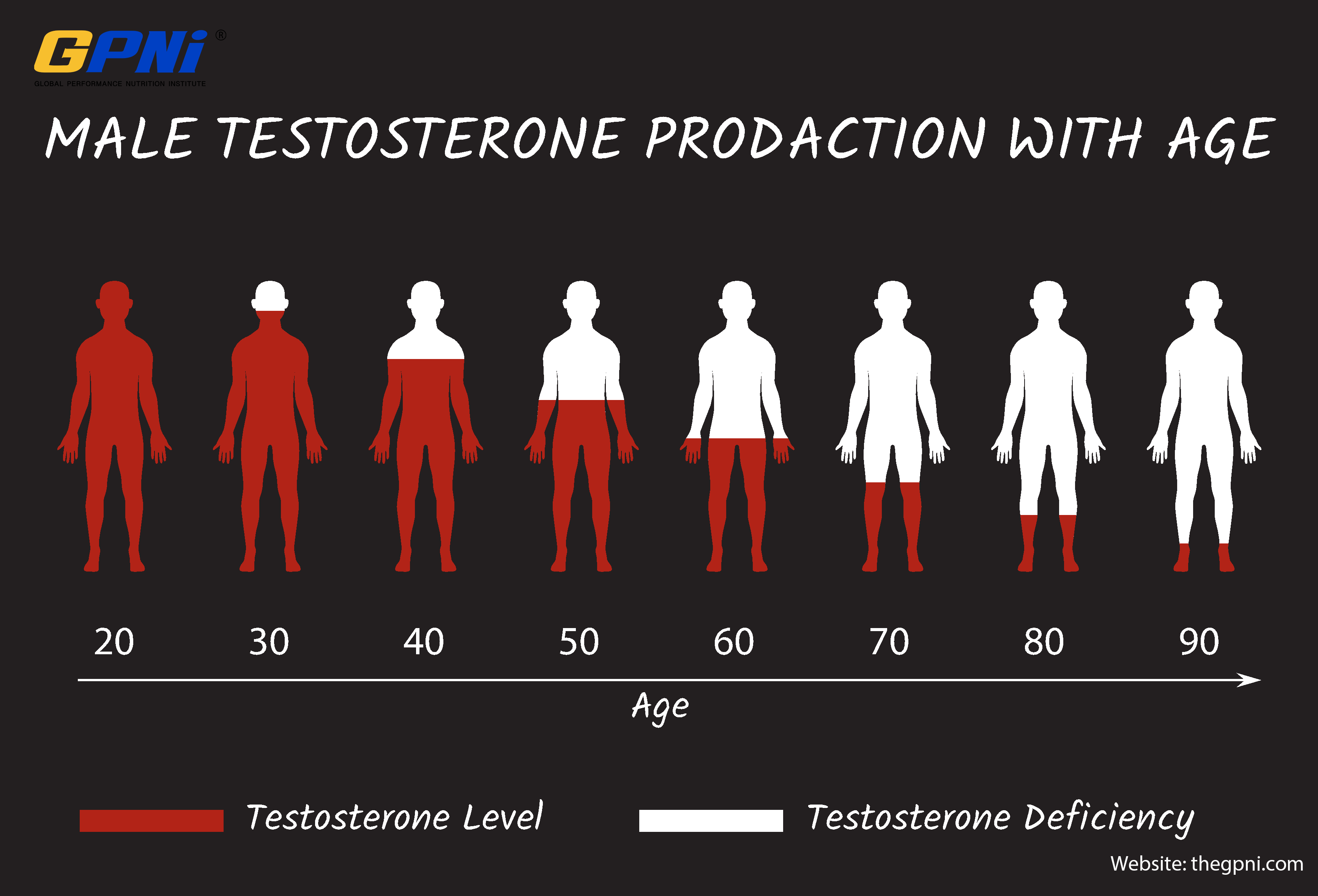
In one such study, researchers at the National Center for Biotechnology Information (NCIB) concluded after a study on twelve men that dietary nutrient may alter Testosterone levels at rest.
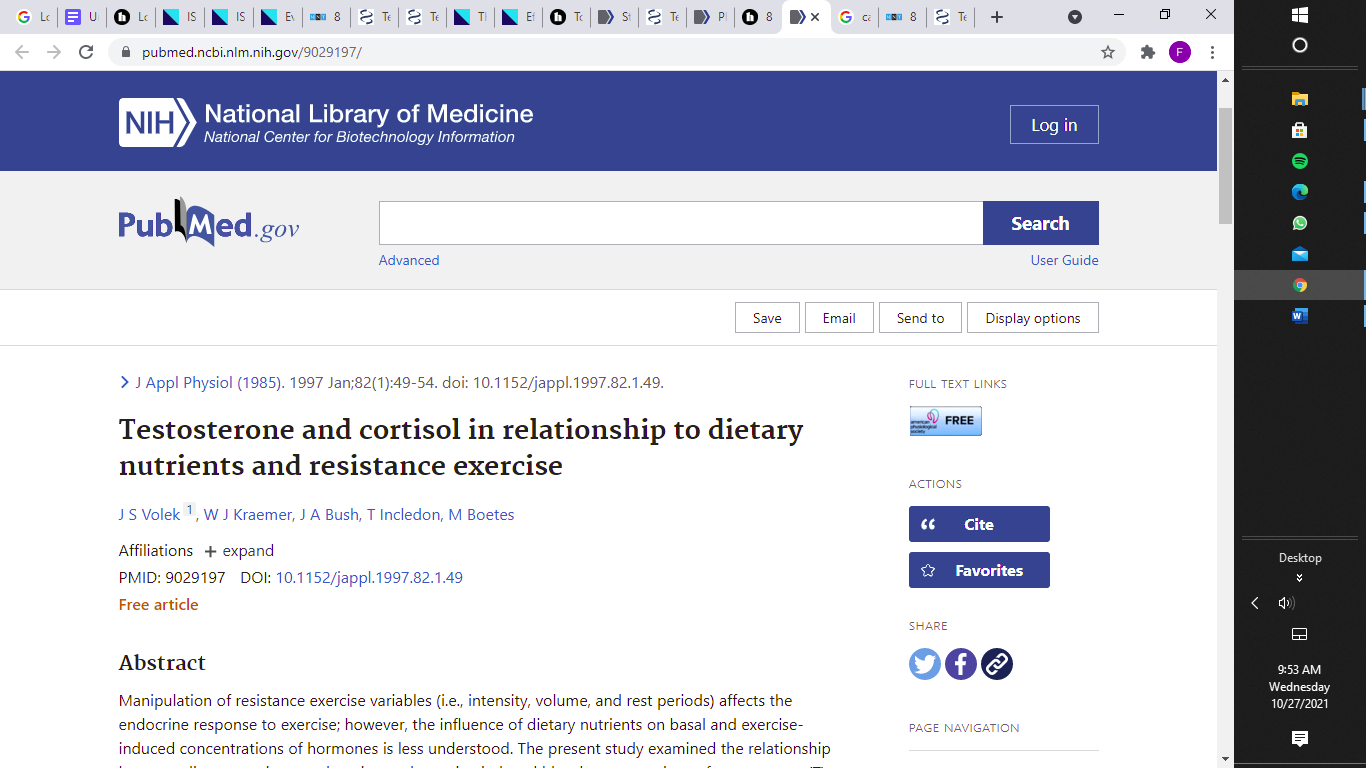
Read the full study here: https://pubmed.ncbi.nlm.nih.gov/9029197/
Furthermore, the International Society for Sports Nutrition (ISSN) stated in a review on exercise and sports nutrition that higher-fat diets may maintain circulating testosterone levels better than low-fat diets.
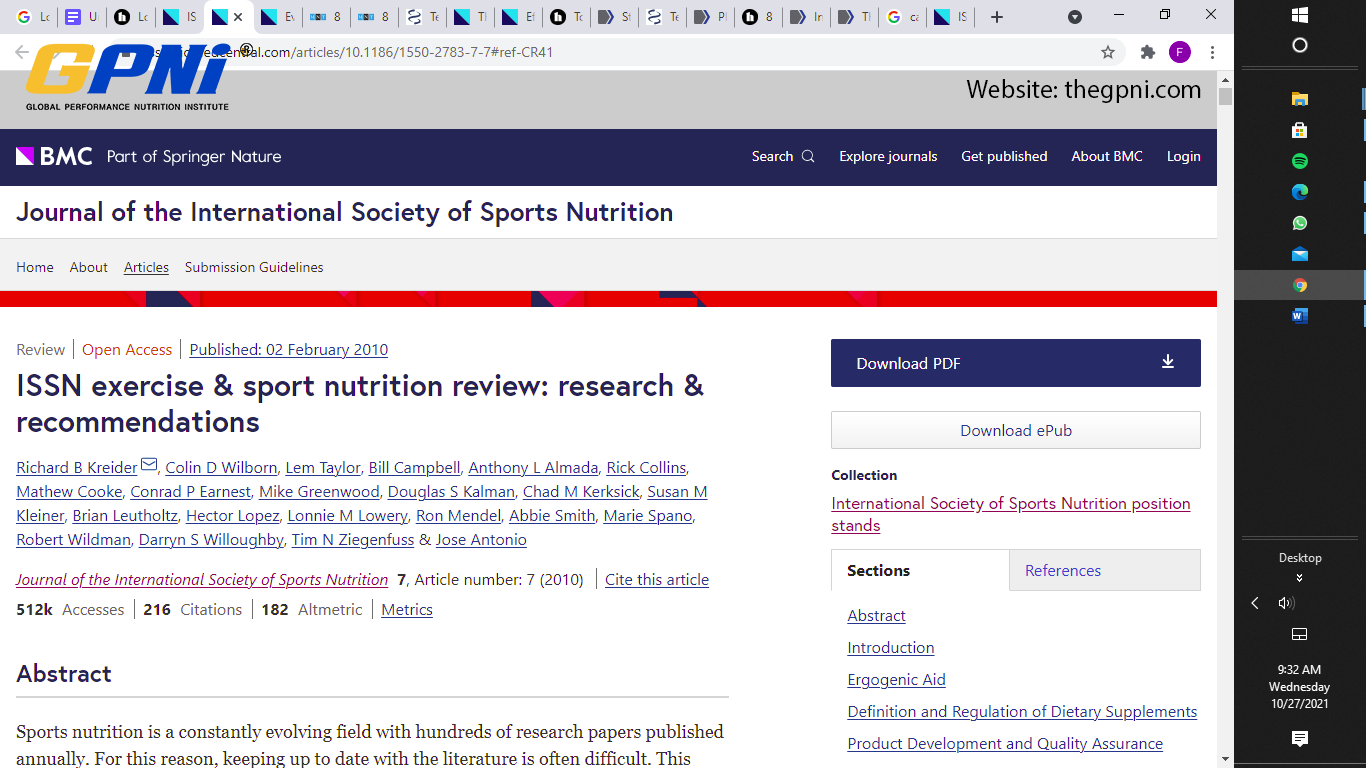
Read the full review here: https://jissn.biomedcentral.com/articles/10.1186/1550-2783-7-7#Sec9
Another study conducted by the National Center for Biotechnology Information (NCBI) revealed that reducing dietary fat content and increasing fatty acid unsaturation reduces testosterone and free testosterone levels in men.
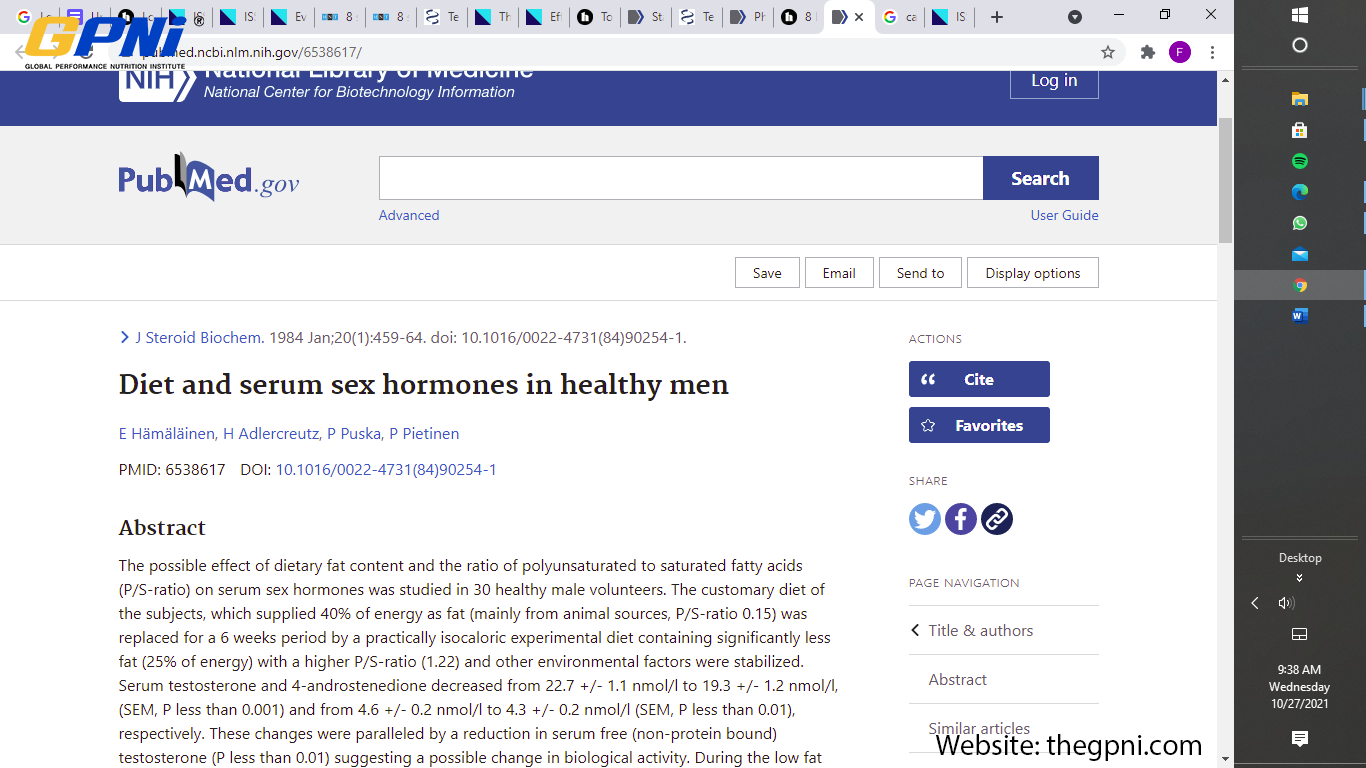
Read more on that study here: https://pubmed.ncbi.nlm.nih.gov/6538617/
All these make it clear that diet and food can affect testosterone levels.
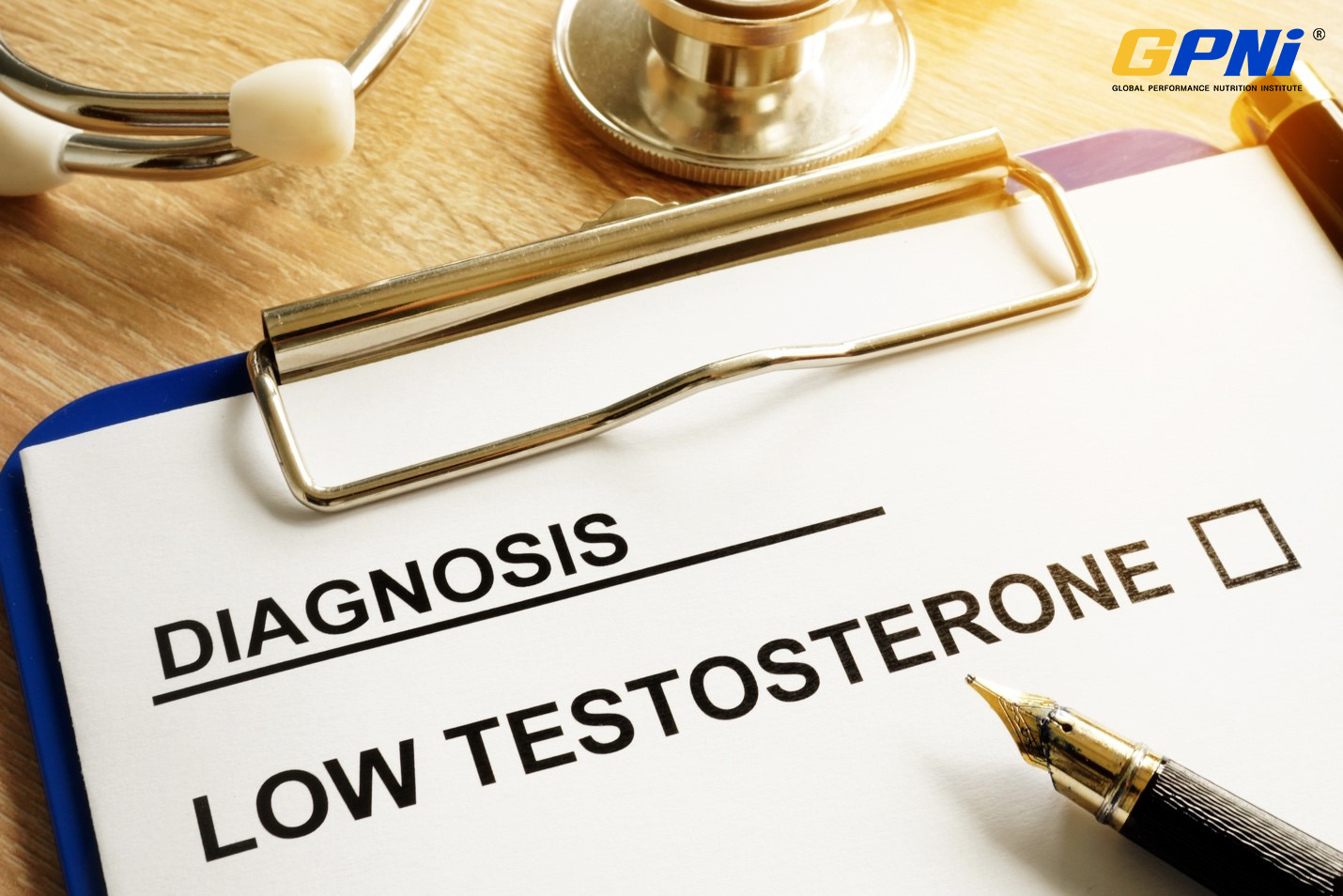
Foods That May Help Boost Testosterone Levels
Ginger
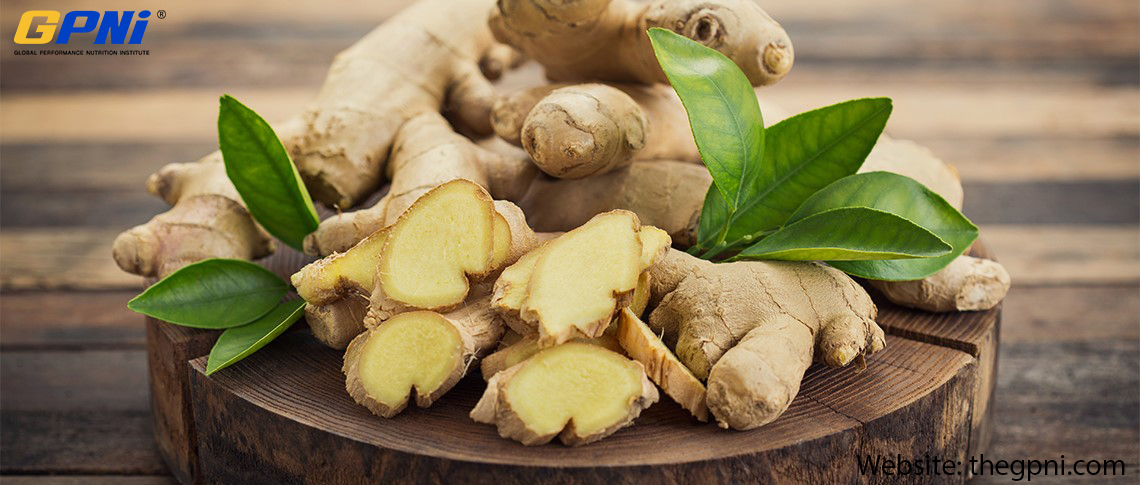
Ginger has always been famous for being both an ingredient in cooking and an entity with medical properties. However, new findings suggest that it may also have a role in improving male testosterone levels. In a 2012 study recorded in the Medical Journal of Tikrit University, men with fertility issues receiving a ginger supplement daily for three months saw a 17.7% increase in testosterone levels. Additionally, the authors suggested that ginger may also improve other aspects of sperm health.
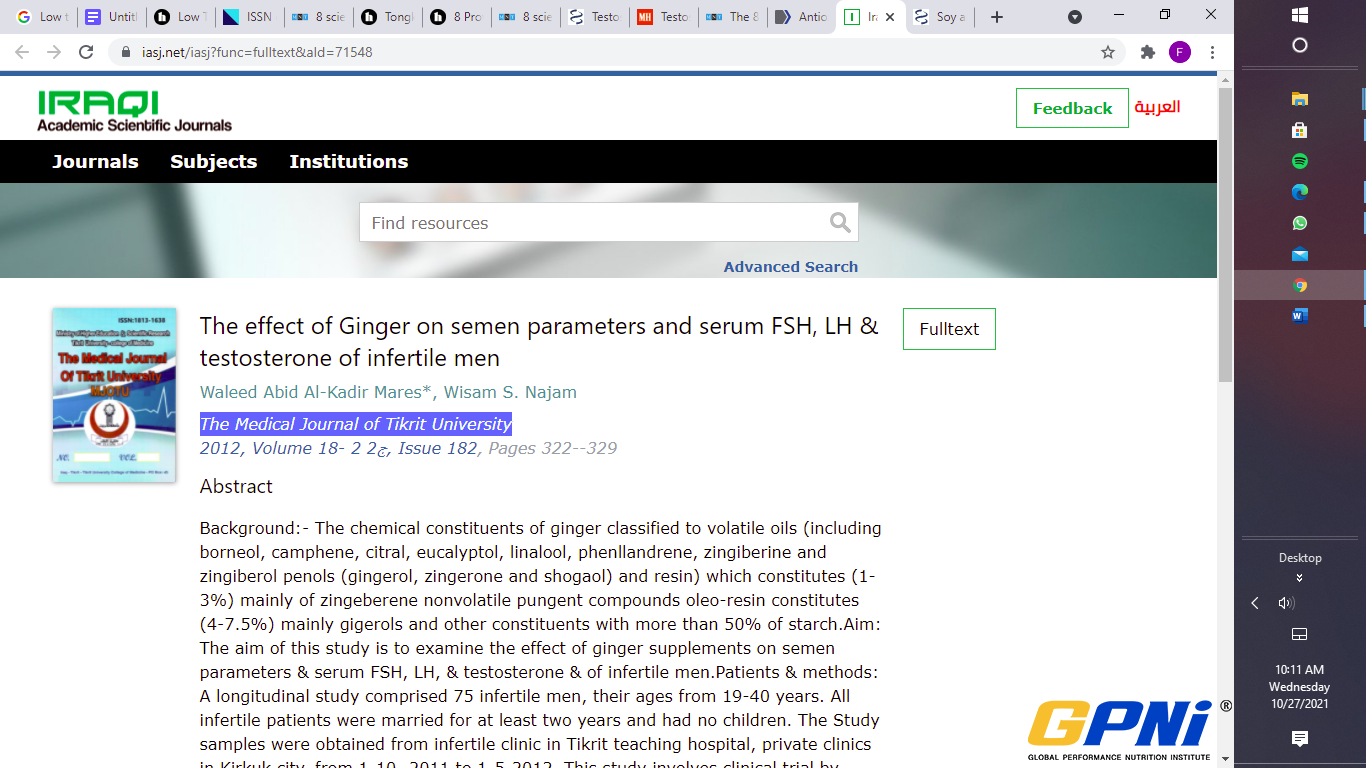
Read full details on the study here: https://www.iasj.net/iasj?func=fulltext&aId=71548
Furthermore, researchers at the NCIB found that ginger increased testosterone and antioxidant levels in diabetic rats after just 30 days of supplementation.
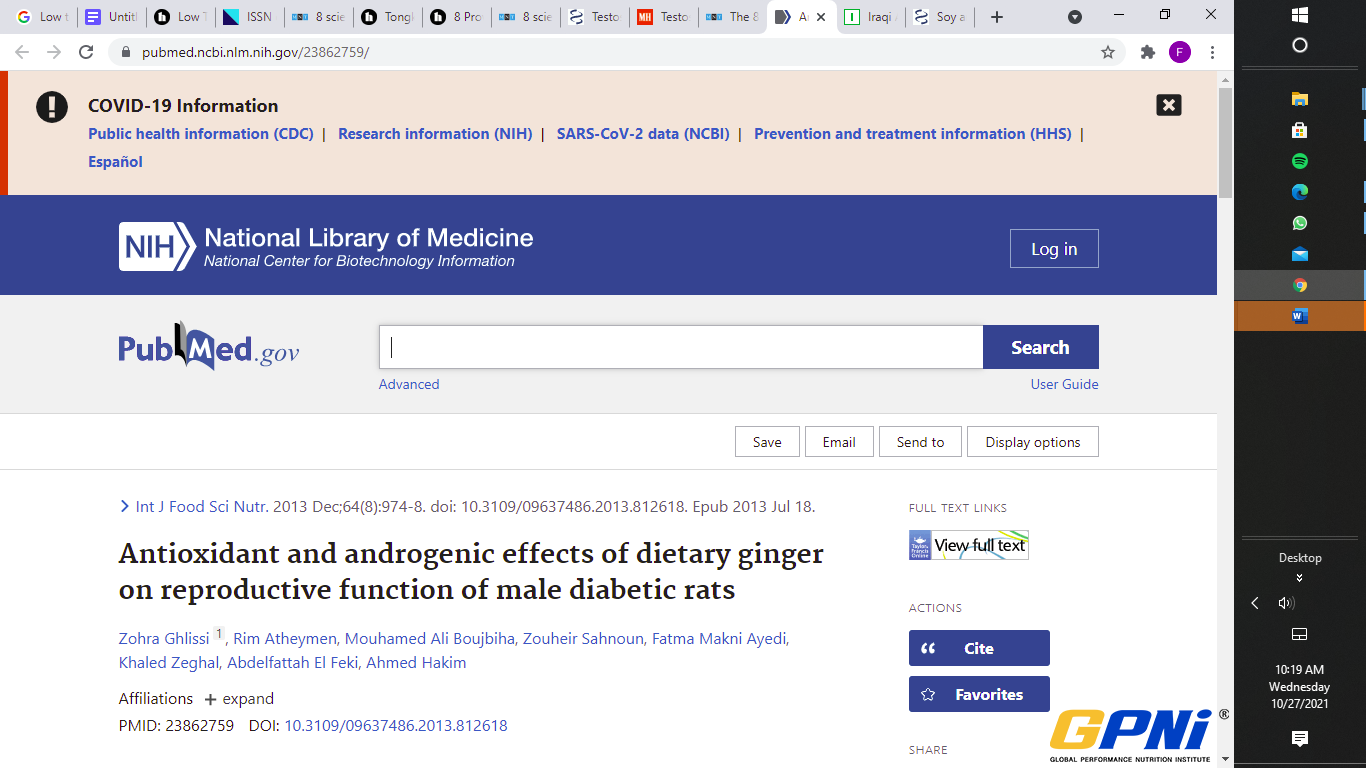
Read the full study here: https://pubmed.ncbi.nlm.nih.gov/23862759/
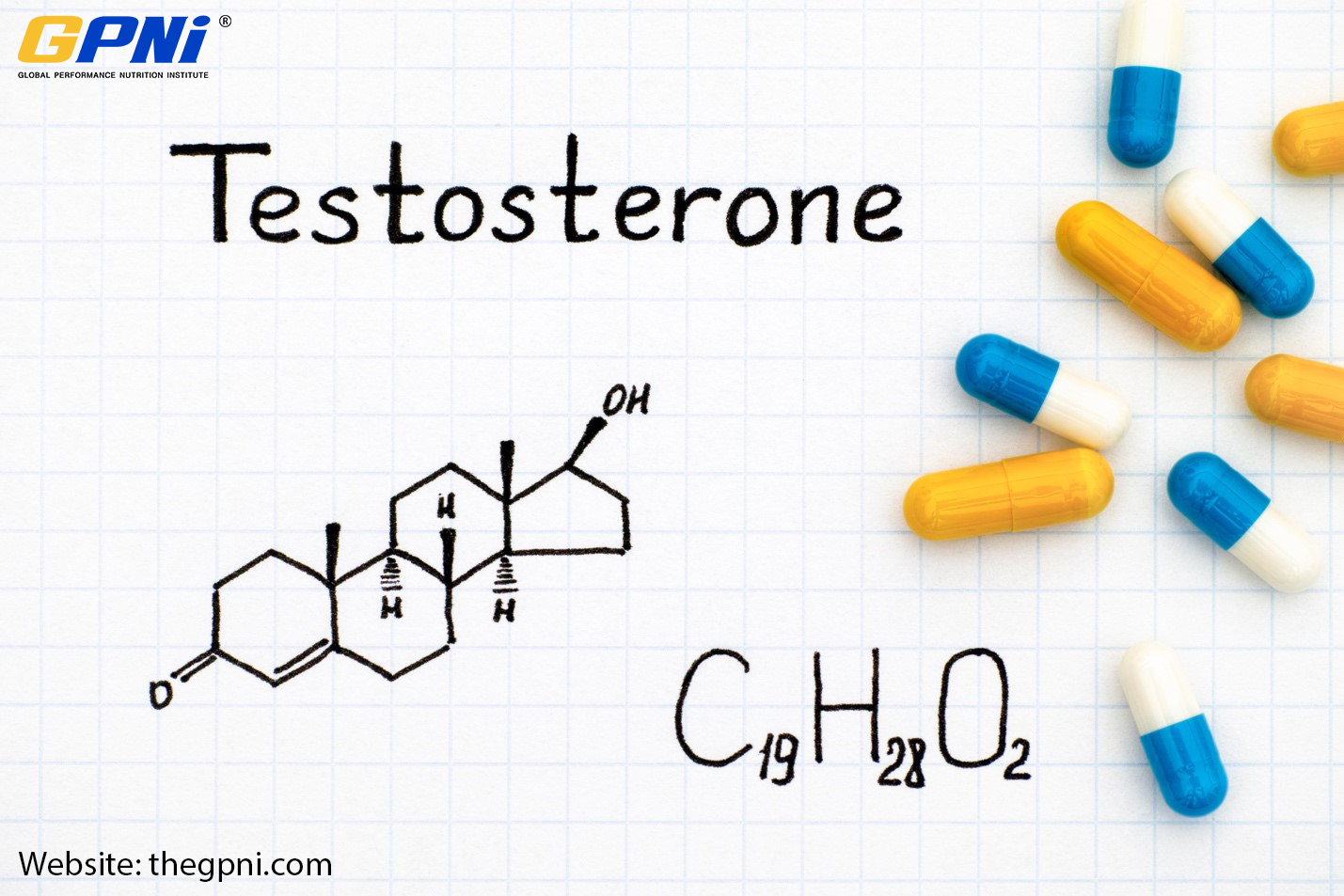
Fatty- Fish Oil
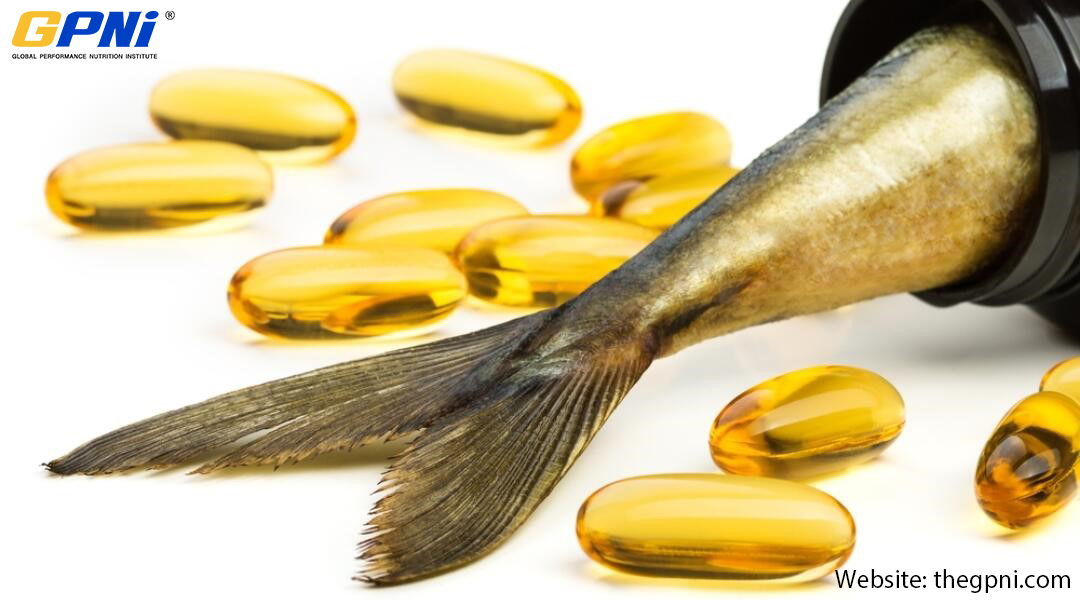
Fish oil has not been proven to increase testosterone levels in humans, but an animal study reveals it can increase semen quality and serum testosterone levels in dogs by improving their fatty acid profiles. A similar result was also discovered in rats.
This leads certain experts to predict that it may be effective in boosting testosterone levels in humans.
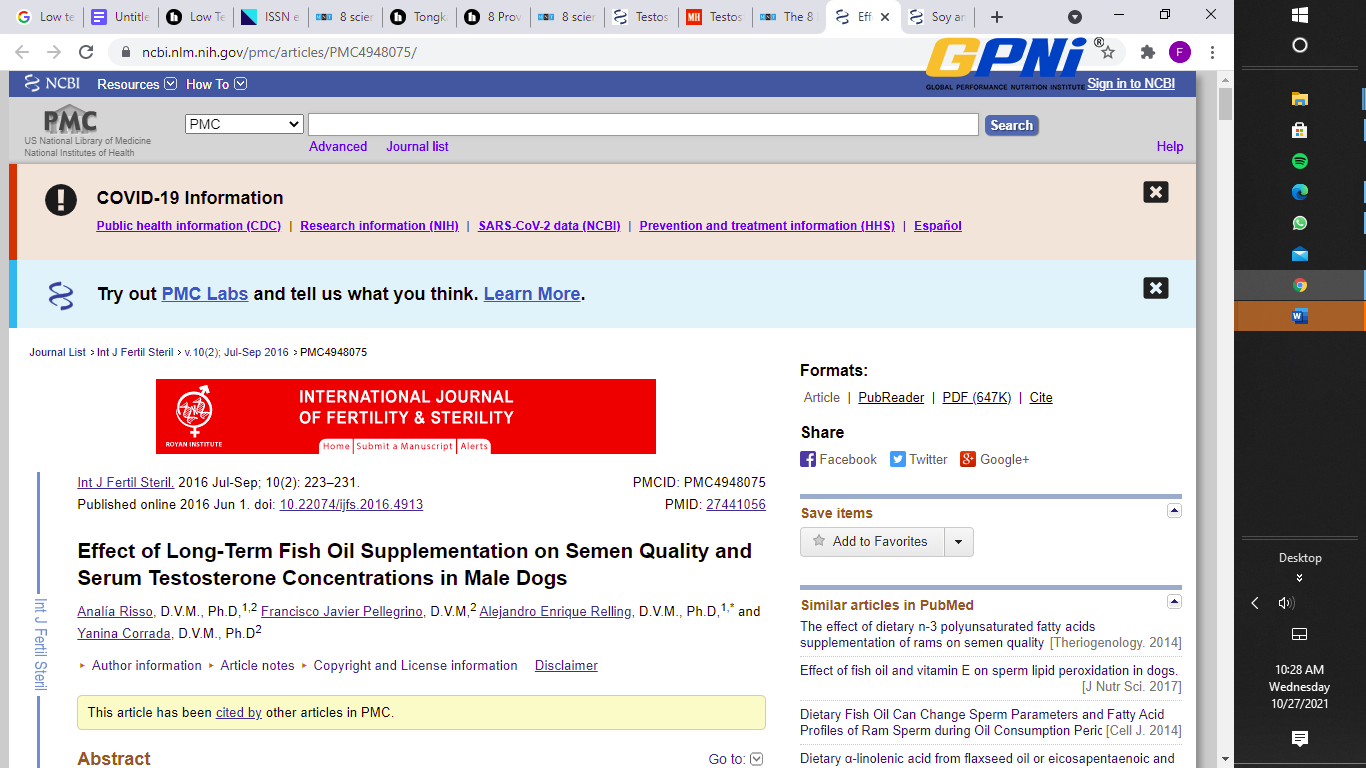
Read details of the study on dogs here: https://www.ncbi.nlm.nih.gov/pmc/articles/PMC4948075/
Onions
Researchers have discovered that onions possess multiple health benefits, including but not limited to heart care and serving as antioxidants.
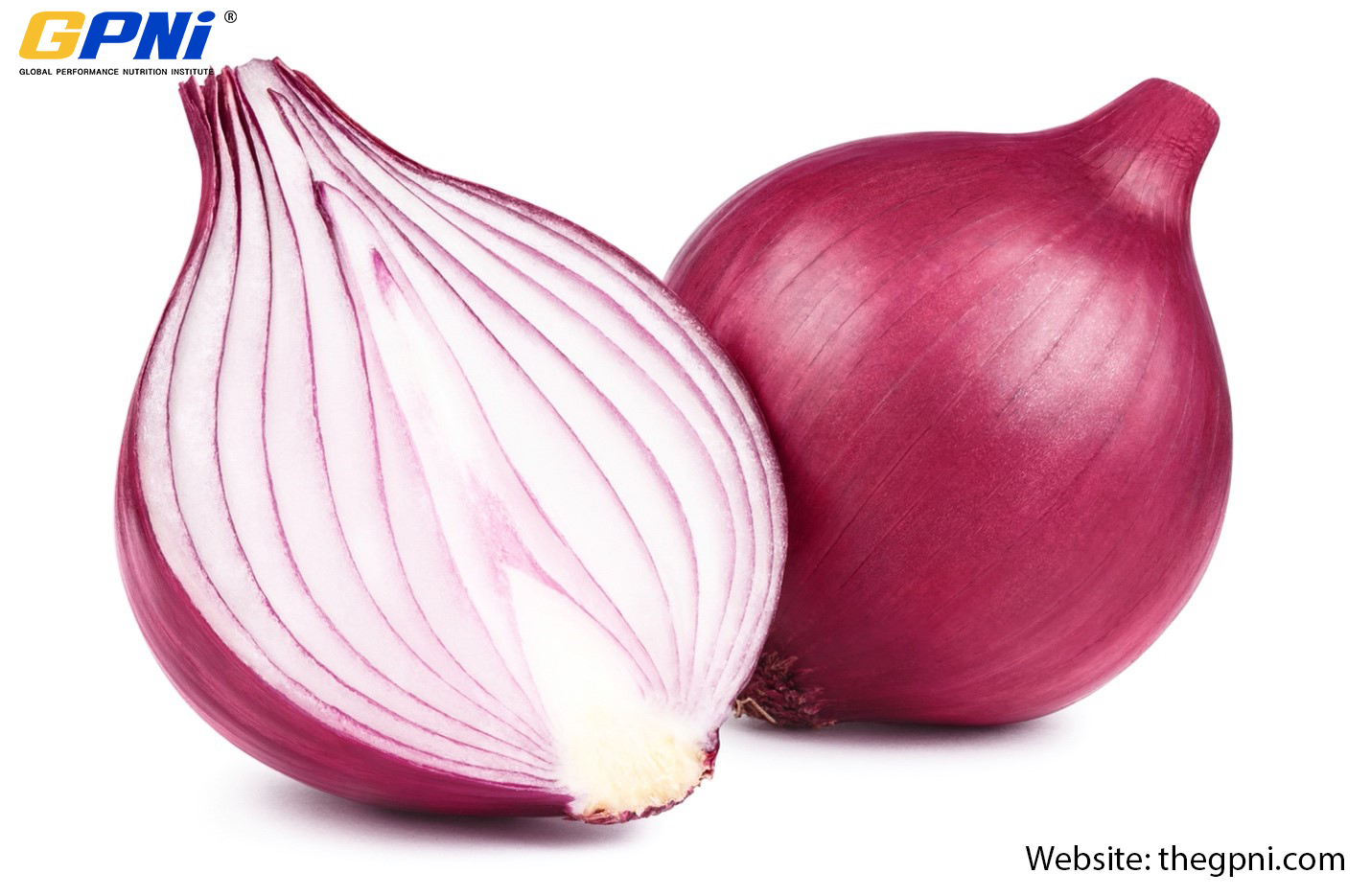
New research reveals that onions may also help increase low testosterone levels. For example, the consumption of fresh onion juice daily for four weeks significantly increased serum total testosterone levels in a rat study.
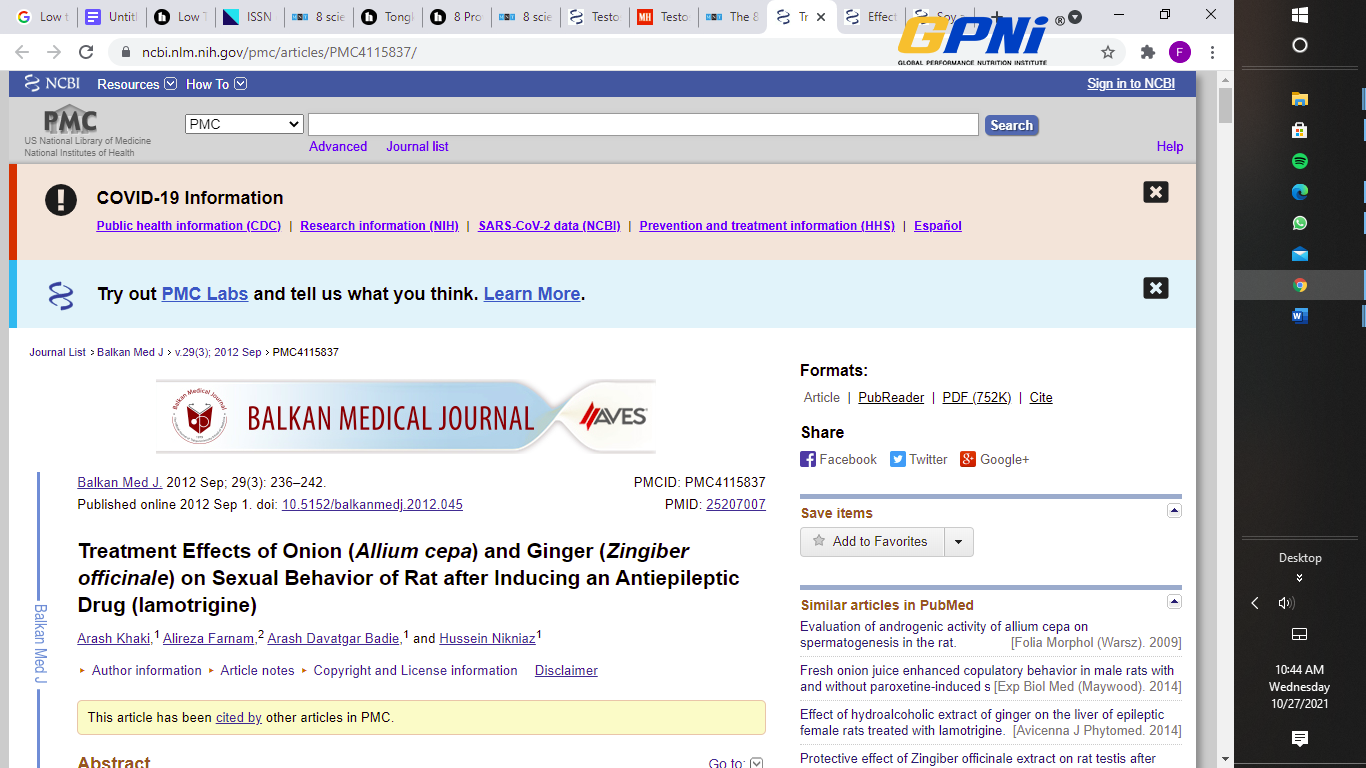
Read full details here: https://www.ncbi.nlm.nih.gov/pmc/articles/PMC4115837/
Though, more human-based studies will be needed to fully determine the impact of onions on human testosterone levels.
Oysters
According to the National Institutes of Health, oysters contain zinc in very generous quantities (more than any other food per serving). Zinc plays an essential role in the production of sperm and in the development of reproduction in men, and zinc deficiency causes hypogonadism- when men produce insufficient amounts of testosterone.
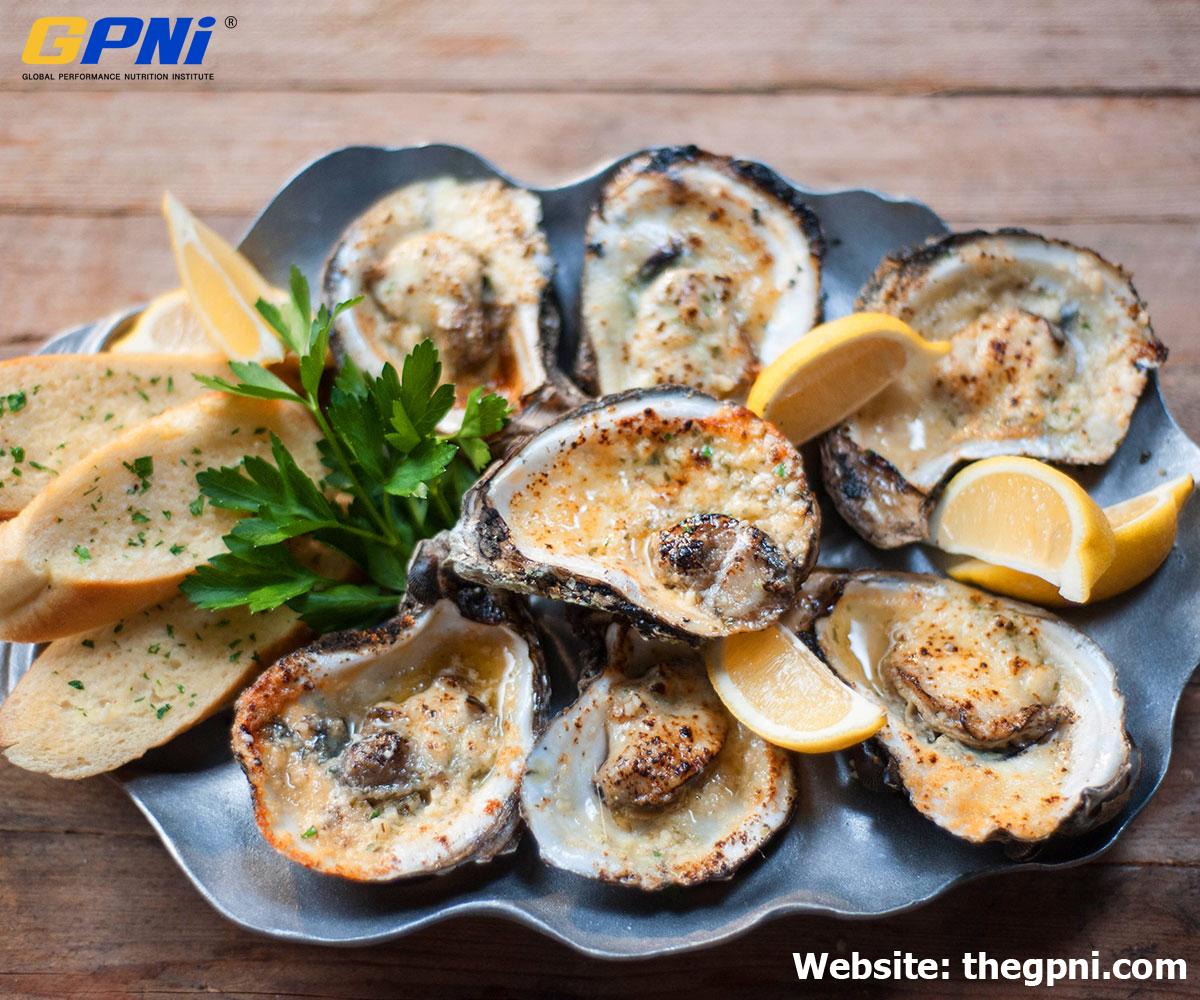
For these reasons, experts recommend that individuals may consume oysters and food rich in zinc to boost testosterone levels. Examples of other foods that may be rich in testosterone include red meat, beans, and nuts.
More on Zinc: Zinc & Magnesium (ZMA) Supplementation
The ISSN, in a review on sports and nutrition, stated that ZMA supplementation might help boost testosterone levels since the primary ZMA ingredients are zinc monomethionine aspartate and magnesium aspartate. The ISSN noted that the reason for this theory is based on studies that show magnesium and zinc deficiency leading to a reduction in the production of testosterone in the body.
However, it is essential to note that studies on the effect of ZMA on testosterone levels are inconclusive, and some of them show that it may have no impact on testosterone levels. An example would be a study carried out by the NCBI on 14 healthy men, which found that taking a ZMA supplement daily for 56 days did not increase testosterone levels, either free or total.
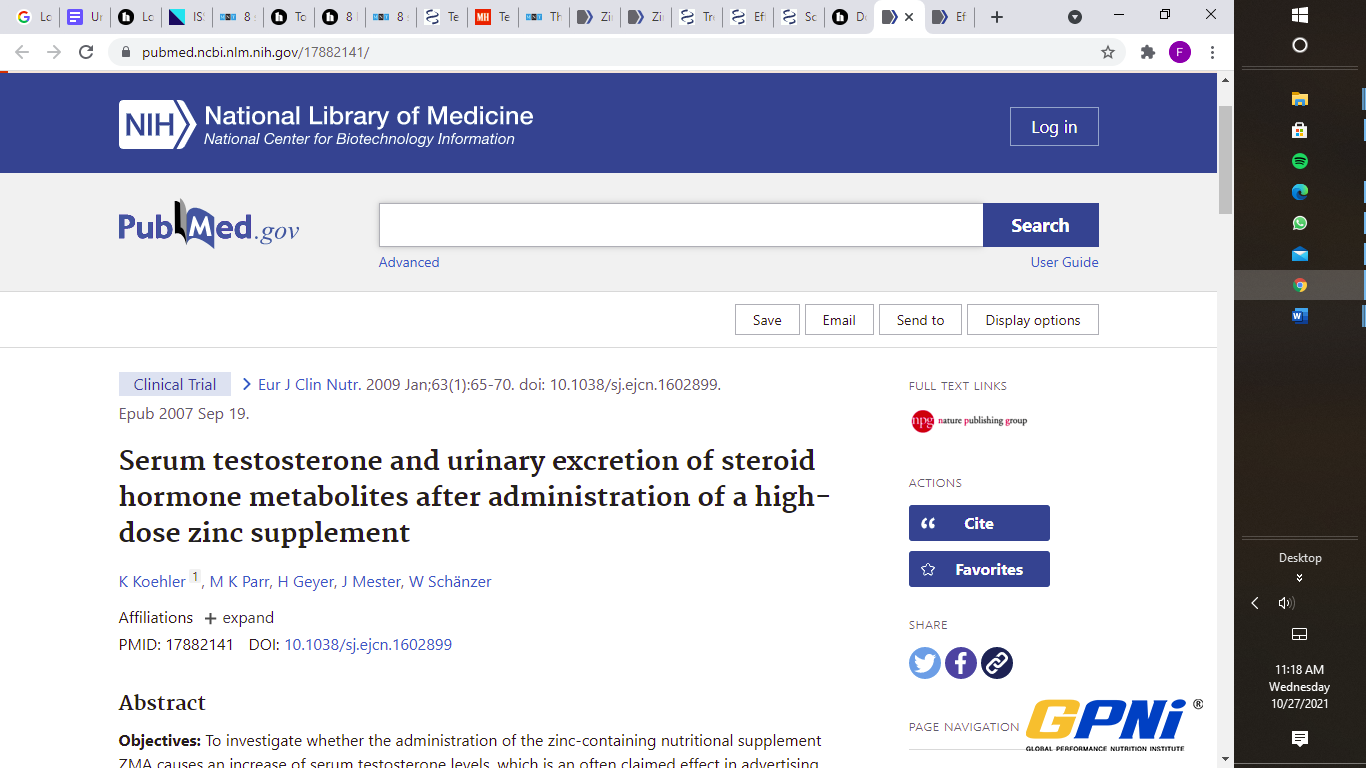
Read full details here: https://pubmed.ncbi.nlm.nih.gov/17882141/
Other studies have indicated that ZMA may affect testosterone levels where the individuals supplementing with ZMA already have a zinc deficiency.
D-Aspartic Acid
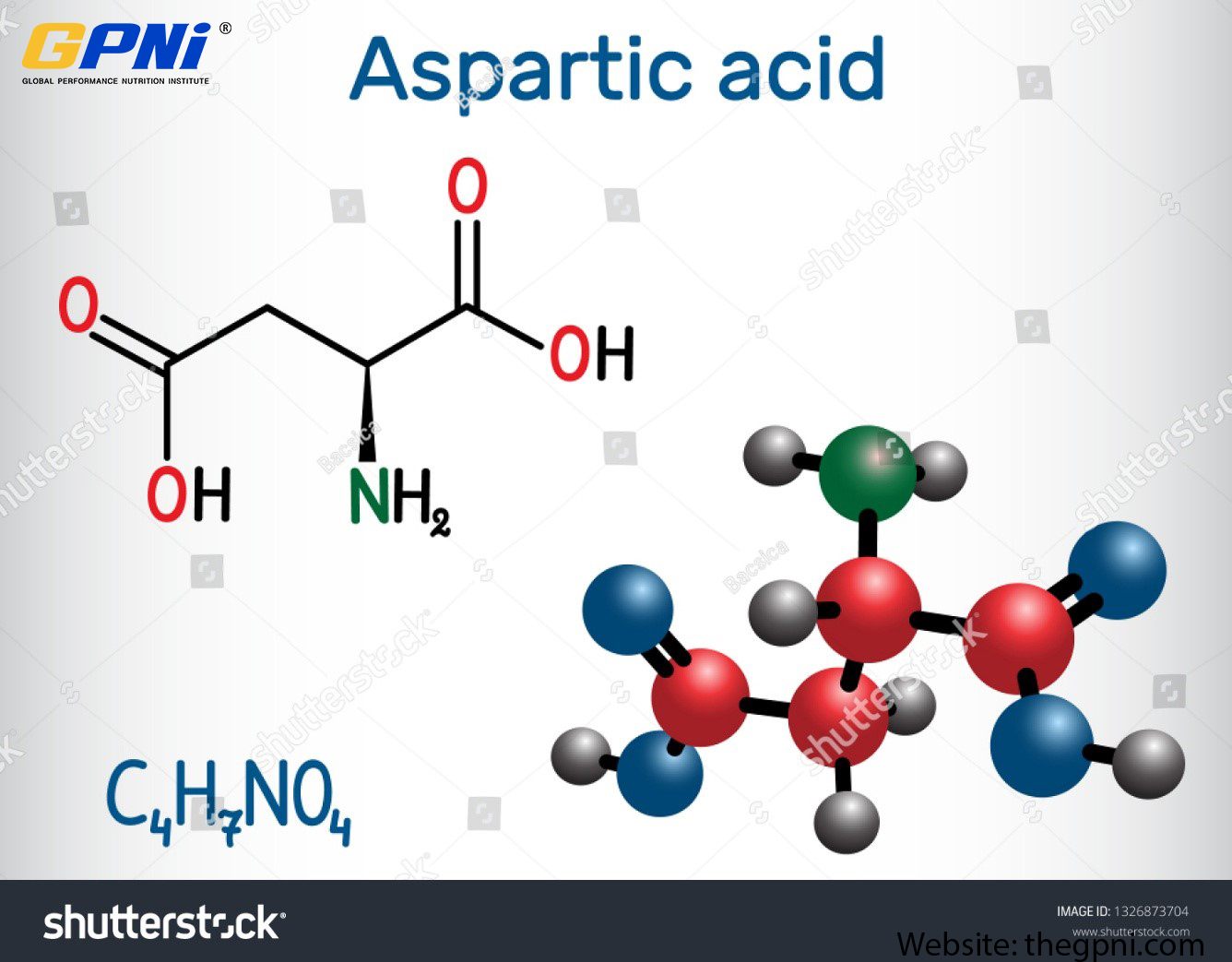
https://image.shutterstock.com/shutterstock/photos/1326873704/display_1500/stock-vector-aspartic-acid-l-aspartic-acid-asp-d-aspartate-proteinogenic-amino-acid-molecule-structural-1326873704.jpg
D-aspartic acid is an amino acid that contributes to the manufacturing and release hormones in the body. However, when it comes to testosterone levels, the results are mixed. Still, many studies indicate that it may help boost testosterone levels, especially in individuals who already have low levels.
In one study conducted by the NCBI, the effect of D-aspartic acid was tested in healthy men aged 27–37 for 12 days. At the end of the study, among the 23 men who took D-aspartic acid, 20 of them showed higher testosterone levels, with an average increase of 42%.
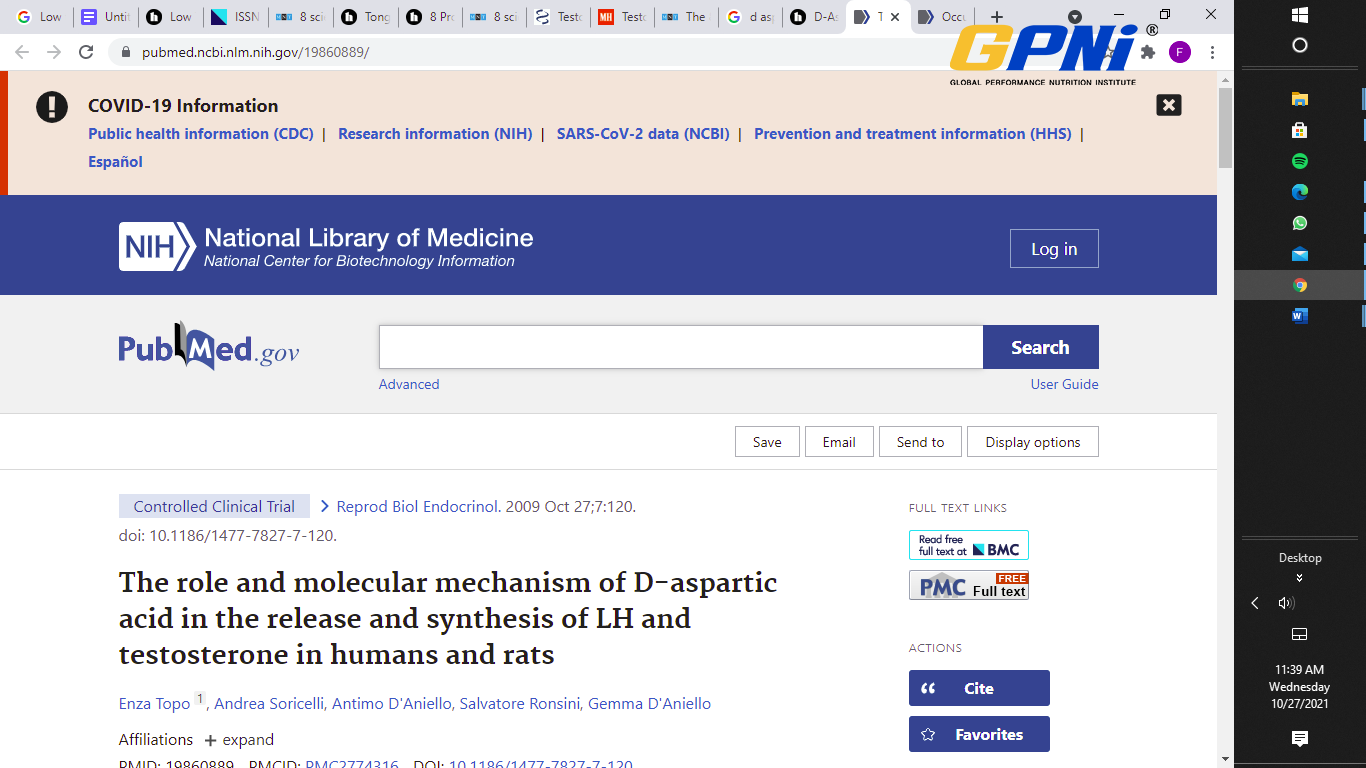
Read full information here: https://pubmed.ncbi.nlm.nih.gov/19860889/
It should also be noted that for inactive individuals, such as athletes, most studies reveal that D-Aspartic acid does not affect testosterone levels. A study by the NCBI on resistance-trained men also showed this.
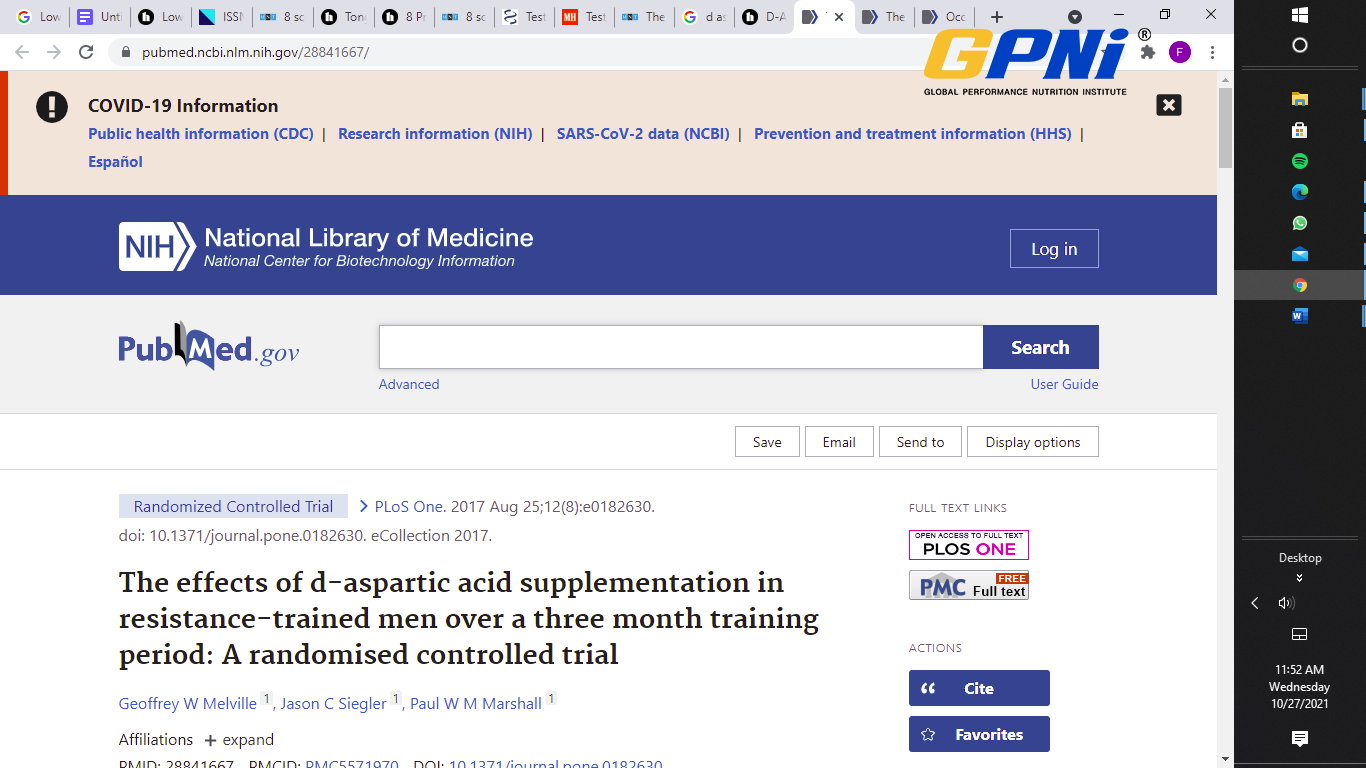
Read full details of the NCBI study here: https://pubmed.ncbi.nlm.nih.gov/28841667/
Boosting Testosterone Levels with supplements - Scientific Facts
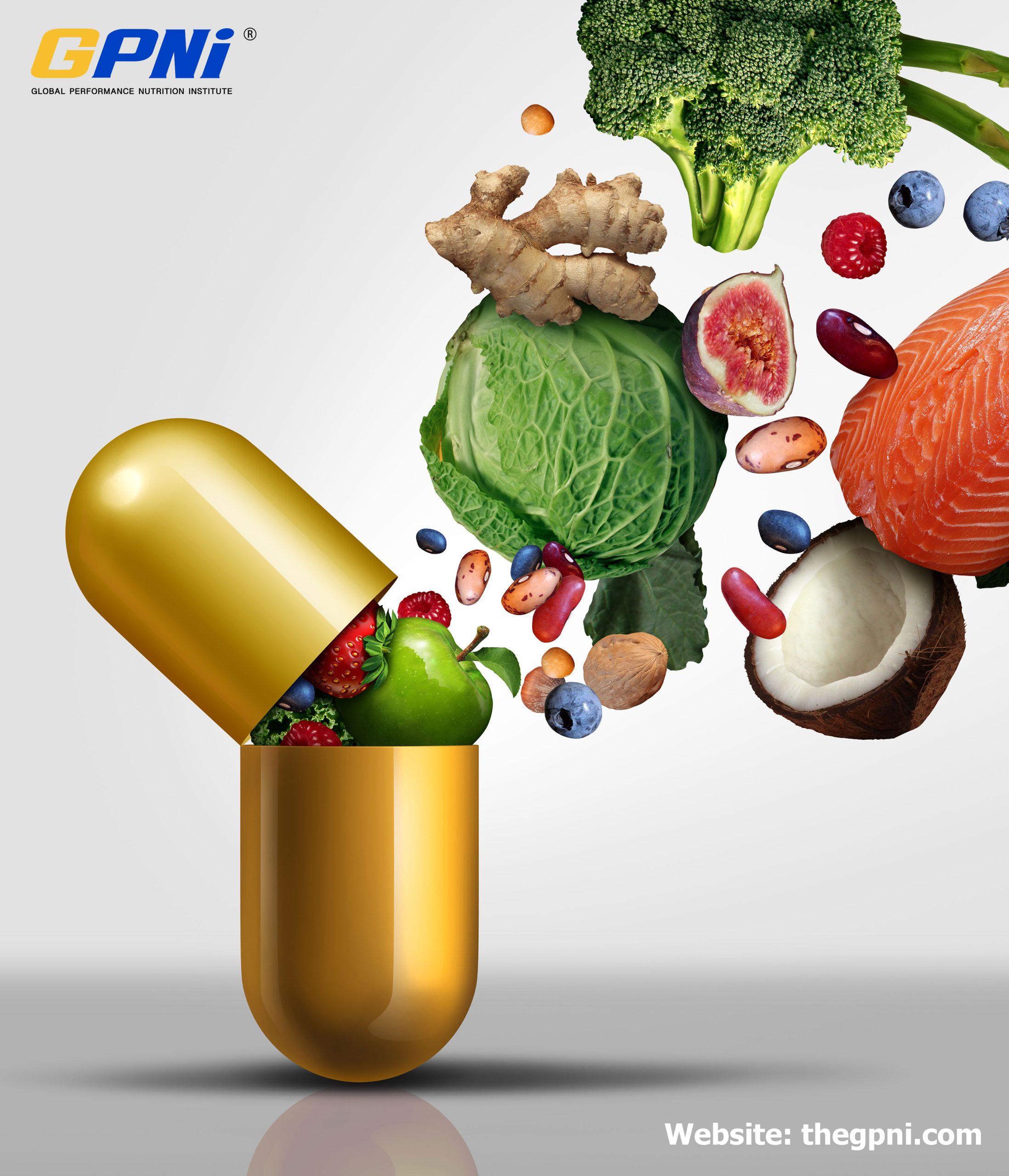
Due to the importance of testosterone to the body, many supplements and compounds are usually marketed as being able to boost testosterone levels. However, studies have revealed that most supplements and compounds may not have any particular benefits to testosterone levels. Furthermore, for those that have shown some results, the range of the studies is still limited.
We have highlighted two major supplements associated with boosting testosterone levels and see if the scientific evidence supports them.
Tribulus
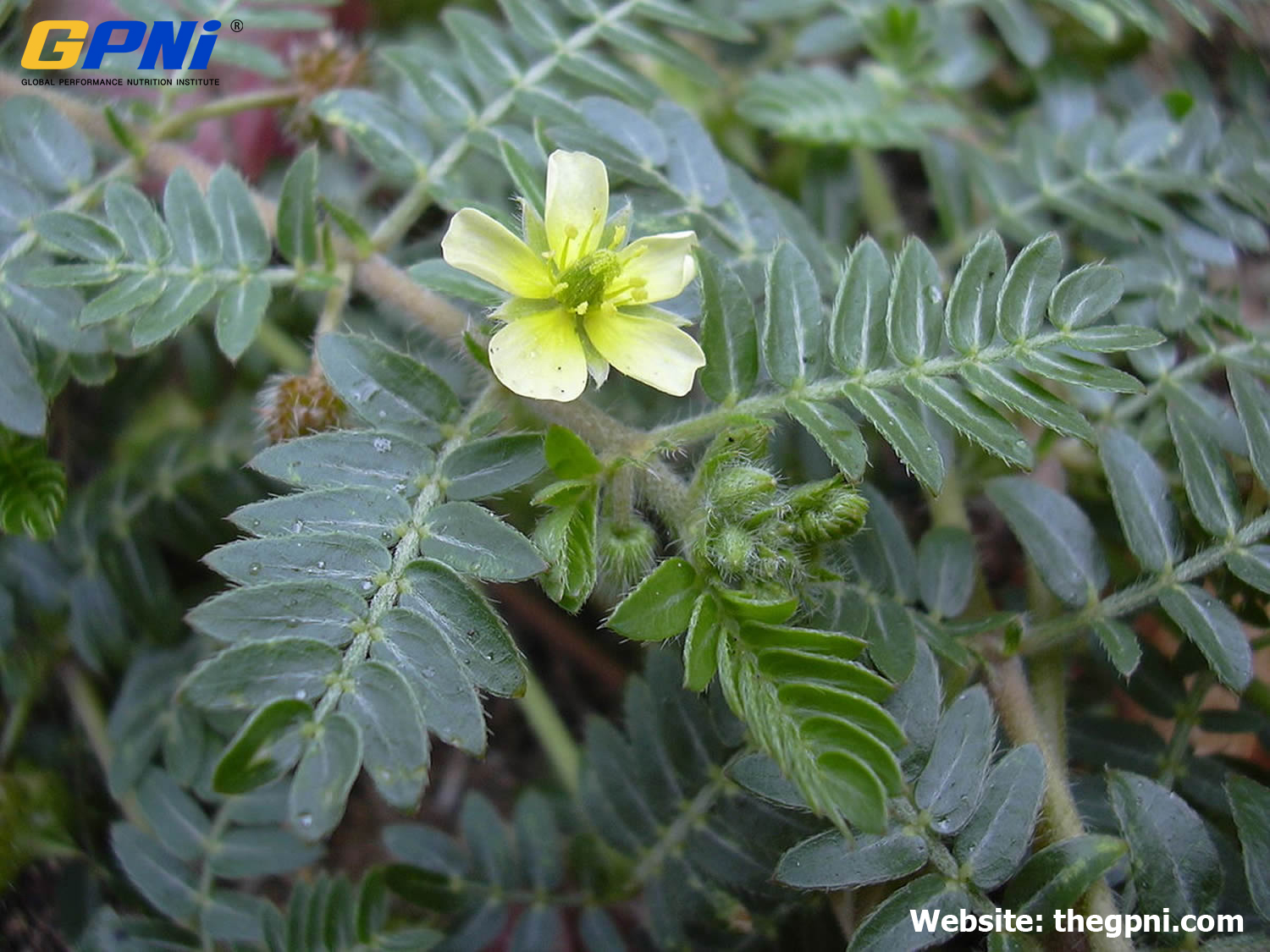
A supplement that is commonly associated with boosting testosterone levels is Tribulus. However, the scientific evidence may point otherwise. For instance, a review by the NCBI, which analyzed the results from major studies on Tribulus’ effects on men and women aged 14–60, revealed that the supplement did not increase testosterone levels.
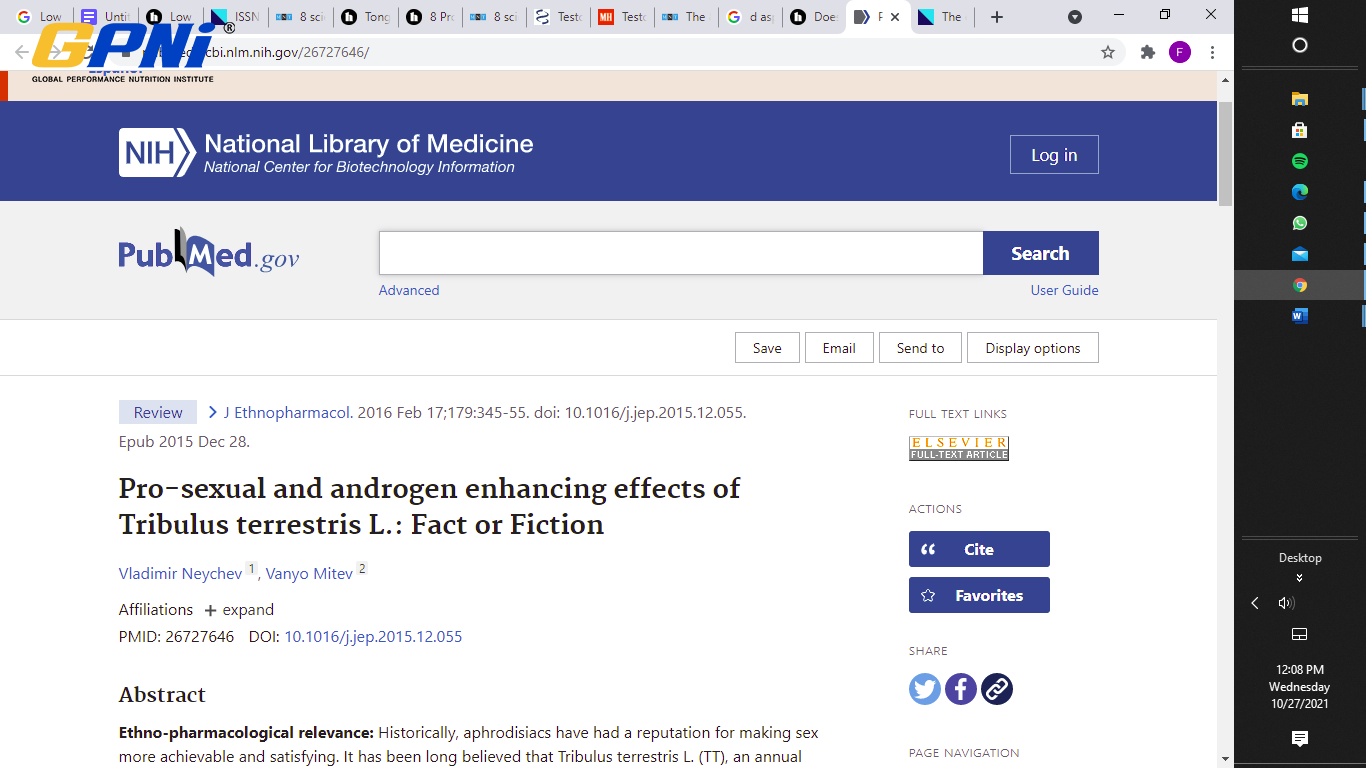
Read full details on the review here: https://pubmed.ncbi.nlm.nih.gov/26727646/
Long-Jack (Tongkat ali)
Tongkat Ali or Long Jack is a supplement derived from the roots of an Asian green shrub called Eurycoma longifolia. In the case of Tongkat Ali, scientific evidence suggests that it may help increase testosterone in men with low levels.
A study conducted by the NCBI revealed that 200 mg of Tongkat Ali extract per day did increastestosterone levels in over 90% of the 76 older men with low testosterone levels.
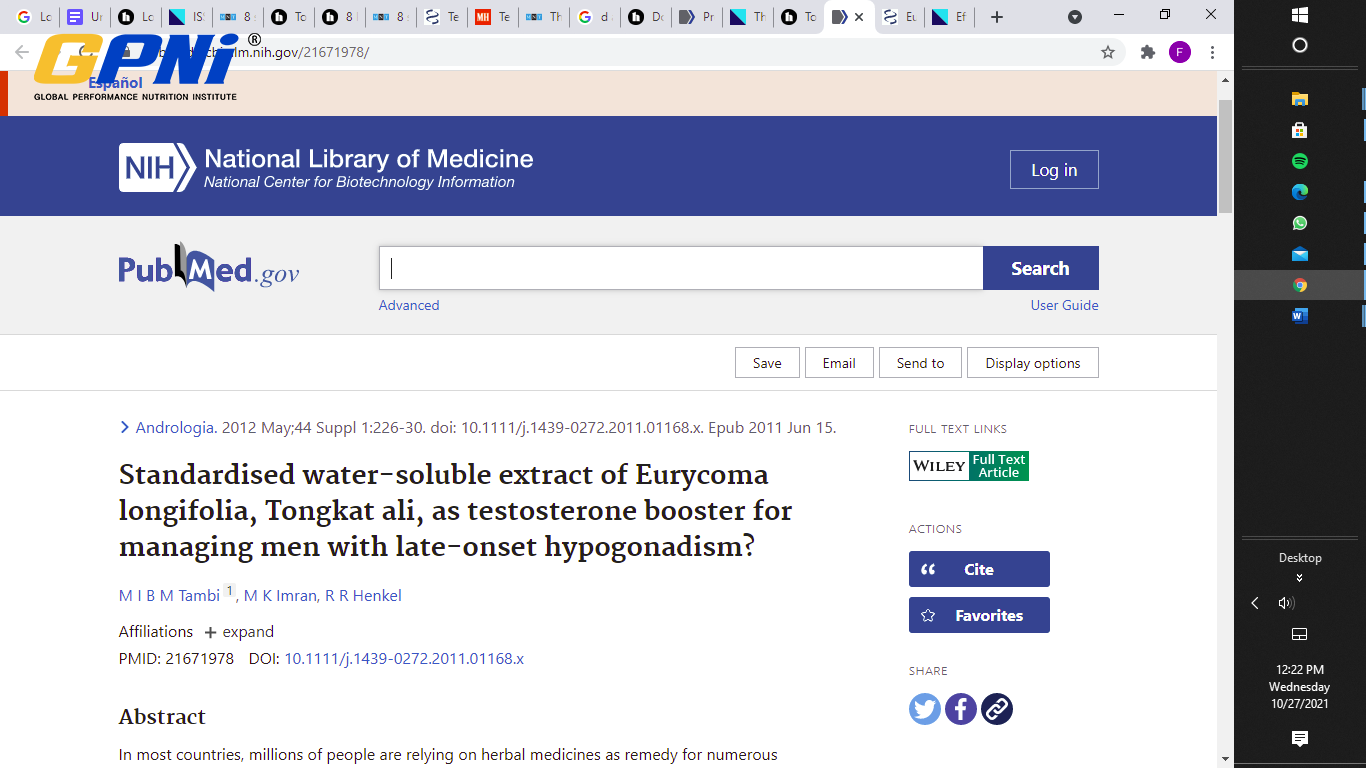
Read full details on the review here: https://pubmed.ncbi.nlm.nih.gov/26727646/
Other studies reveal that it may also be effective in stimulating sexual arousal and dealing with erectile dysfunction in men. However, more extended researches are still needed.
Other Natural Ways to Improve Testosterone
Exercise and Physical Activity: Scientific evidence shows that the more active and involved in exercise individuals are, the more testosterone levels they have.

Quality sleep: Poor sleep can adversely affect the body’s hormone and chemical levels, including testosterone. Researchers from the University of Chicago discovered that men’s testosterone levels may decrease if men don’t get enough sleep. In their study, ten men who were subjected to restricted sleep for one week had a daytime testosterone level drop of about 15%.
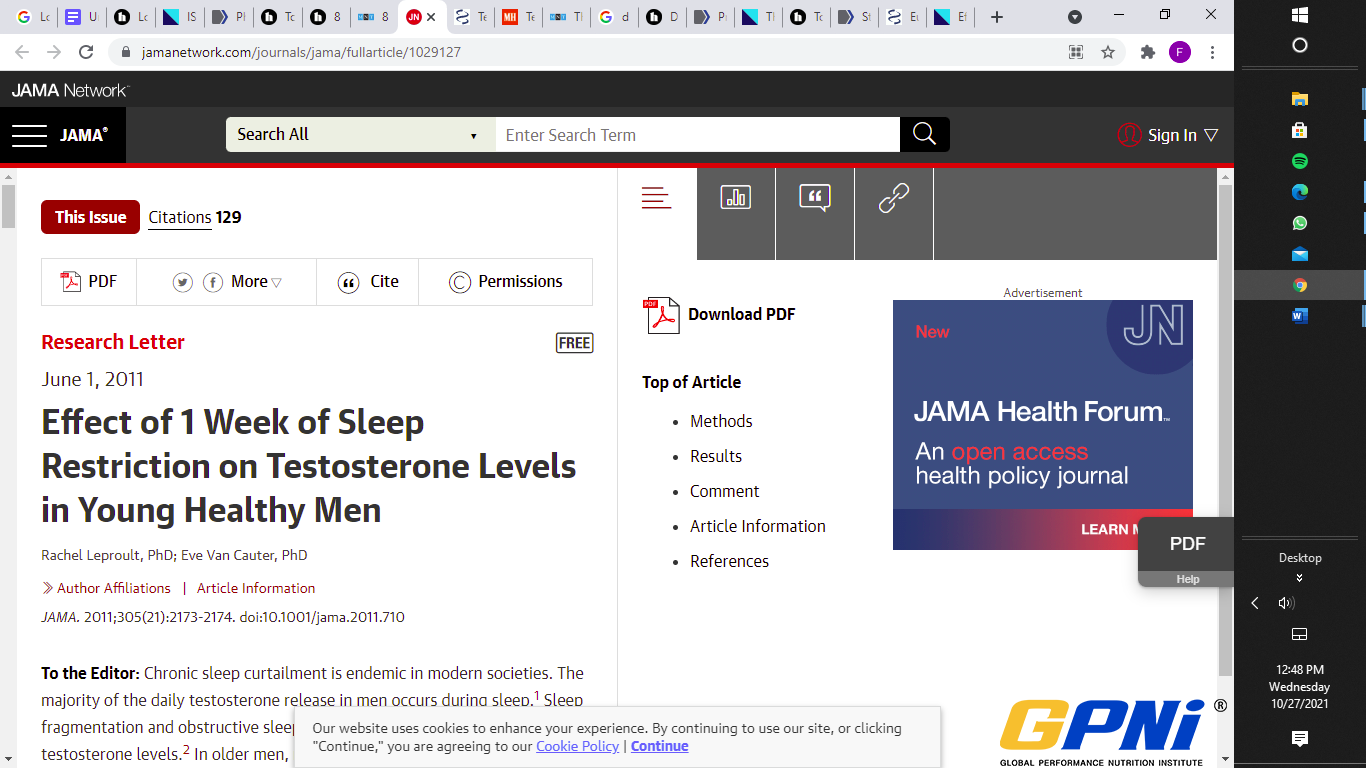
Read full details on the study here: https://jamanetwork.com/journals/jama/fullarticle/1029127

Conclusion
Boosting testosterone levels may be best achieved through natural ways such as diets, exercise, and sleep. Supplementation may be effective in some instances, but it is important to distinguish fact from fiction.
To know more about L-carnitine supplementation, get more learning resources such as those listed below, and register today to be a Sports Nutrition Specialist (SNS®) on the GPNi® platform.
You also get to learn about the GPNi® patented “traffic light system.”
● Green – Good & Solid Research
● Orange – Some Limited Research but Not Considered Harmful
● Red – No Solid Research and Maybe Some Health Concerns

This enables you to learn what to safely recommend to your clients, athletes and yourself
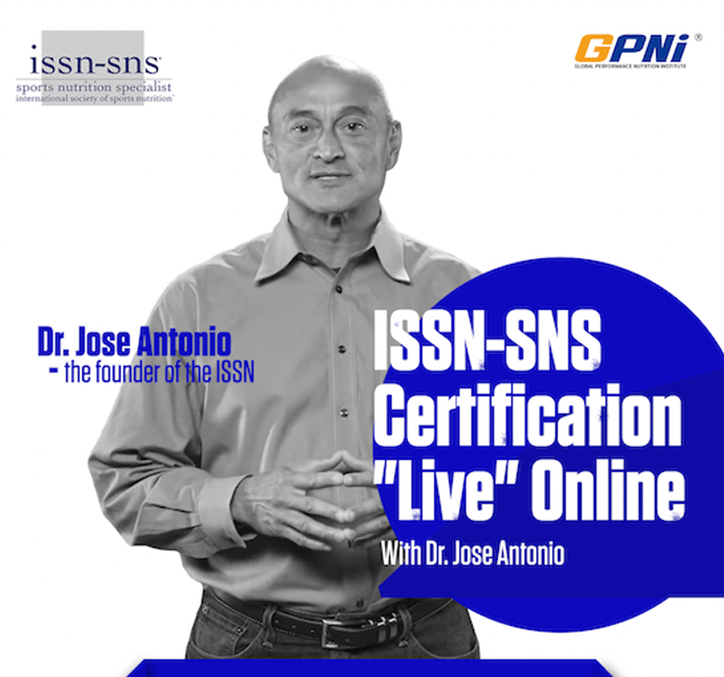
You can also choose one of our Continued Education Certificate programs, such as the Endurance & Marathon Nutrition Coach (EMNC®) certificate program.
References
- https://jissn.biomedcentral.com/articles/10.1186/1550-2783-7-7
- https://www.medicalnewstoday.com/articles/323759#foods-to-avoid
- https://ods.od.nih.gov/factsheets/Zinc-HealthProfessional/
- https://www.medicalnewstoday.com/articles/322508
-
https://jissn.biomedcentral.com
/articles/10.1186/1550-2783-7-7 -
https://www.medicalnewstoday
.com/articles/323759#foods-to-avoid -
https://ods.od.nih.gov/factsheets/
Zinc-HealthProfessional/ -
https://www.medicalnewstoday
.com/articles/322508







